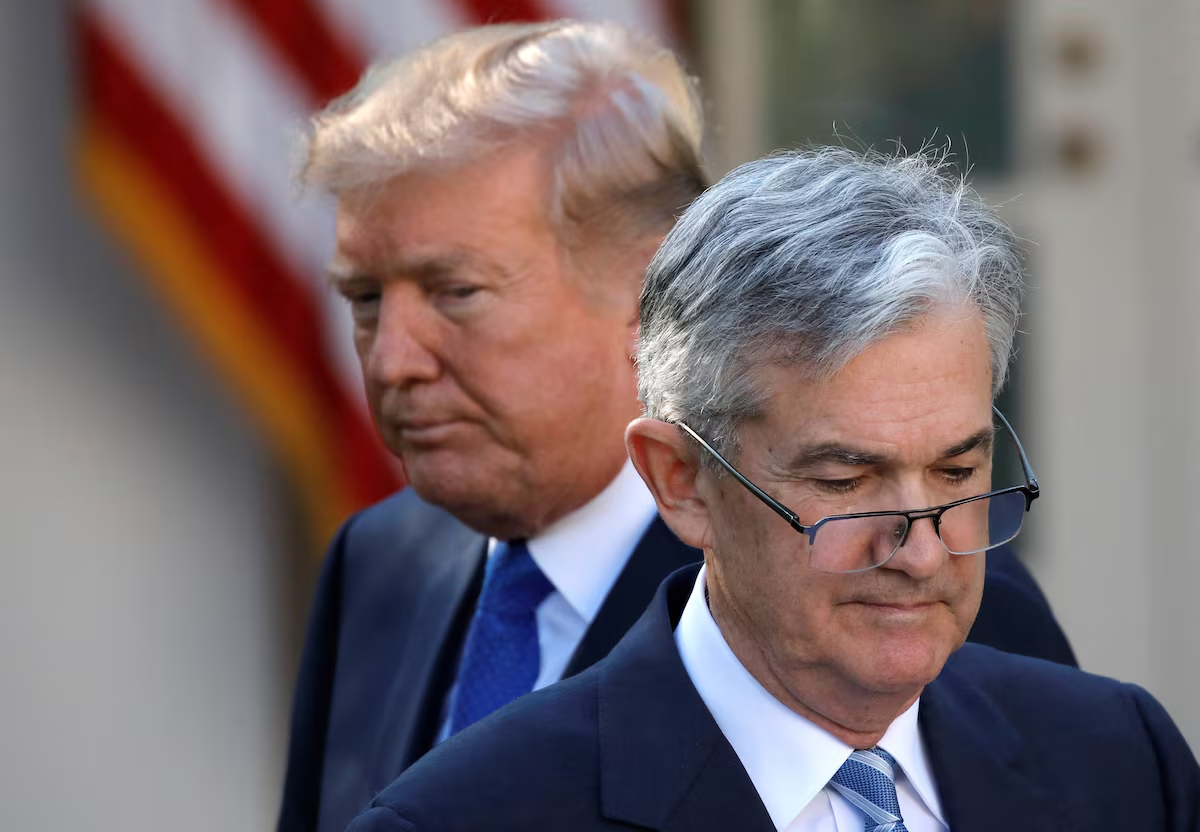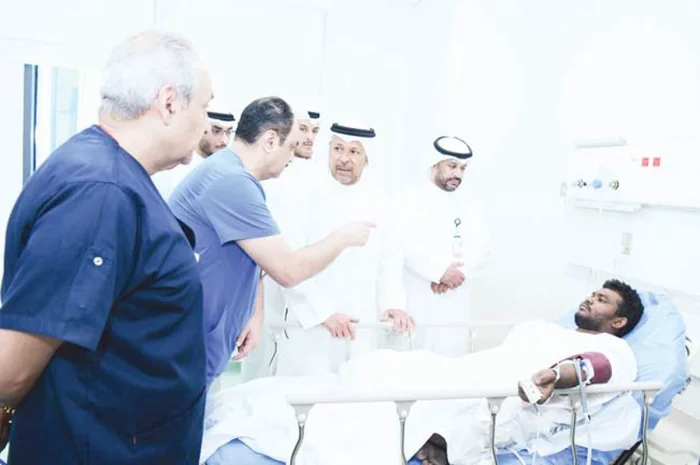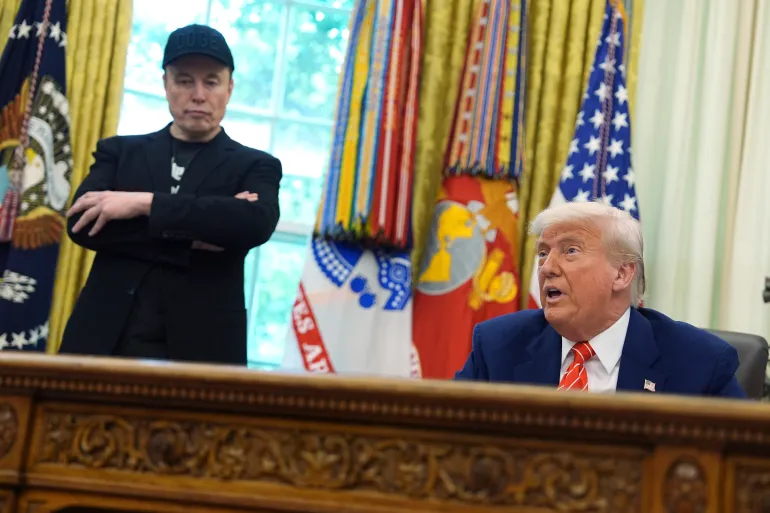South Korea’s leading presidential candidates are preparing for a critical first televised debate ahead of the country’s high-stakes election, with domestic policy, national security, and relations with North Korea expected to dominate the discussion. The event, scheduled for Sunday evening, is expected to set the tone for a fiercely competitive race as public anxiety mounts over economic issues, demographic decline, and rising regional tensions.
The frontrunners in the race include conservative candidate Han Kyung-ho of the People Power Party (PPP) and liberal contender Lee Jae-myung of the Democratic Party. Both candidates have been actively campaigning for weeks, but this will be the first time they face off directly before a national audience.
The debate comes at a pivotal moment, with recent polls showing the race tightening. Economic concerns—particularly youth unemployment and housing affordability—have emerged as top voter priorities. Both candidates are expected to outline contrasting visions for how to reinvigorate growth and address the rising cost of living.
Han Kyung-ho has positioned himself as a law-and-order candidate with a strong focus on national security. He advocates for strengthening the U.S.-South Korea alliance, expanding military capabilities, and taking a harder line on North Korea. He has criticized the current administration’s outreach to Pyongyang, calling it “naïve and dangerous.”
Lee Jae-myung, a former governor and the Democratic Party’s standard-bearer, supports continued engagement with North Korea and progressive economic policies, including universal basic income trials and expansive welfare reforms. He has also promised to crack down on corporate monopolies and address inequality through structural tax changes.
In the lead-up to the debate, both camps have traded barbs over campaign financing, corruption allegations, and the handling of recent security incidents near the inter-Korean border. The debate is expected to include questions from journalists and the public, and may include spontaneous rebuttal rounds—a format likely to test the candidates’ poise and command of policy.
Observers say the debate could prove decisive for undecided voters, particularly younger citizens and centrists who feel alienated by both traditional parties. “This is not just about policies—it’s a character test,” said Professor Kim Hyun-soo, a political analyst at Seoul National University. “The candidate who comes across as more competent, honest, and relatable could swing the momentum.”
Also participating in the debate will be third-party candidates such as Cho Kyung-tae from the Justice Party and independent businessman Ryu Ji-hoon. While they are polling in the single digits, their presence could force the main candidates to address a broader spectrum of issues, including labor rights, climate change, and political reform.
This election marks South Korea’s first presidential contest since the COVID-19 pandemic and the global inflation surge reshaped political priorities. Voter turnout is expected to be high, with many citizens eager to chart a new course for the country amid growing regional instability and domestic economic strain.
With the first debate underway, the campaign is entering its most decisive phase. Analysts say performances in televised forums often have an outsized influence in South Korean politics, where public perception and oratory skill can rapidly alter poll standings.
The debate will be broadcast live nationwide and streamed on major platforms, drawing millions of viewers. For both Han and Lee, the stakes could not be higher. A strong showing may solidify their path to the presidency—while a misstep could prove politically fatal.
Source: Reuters



